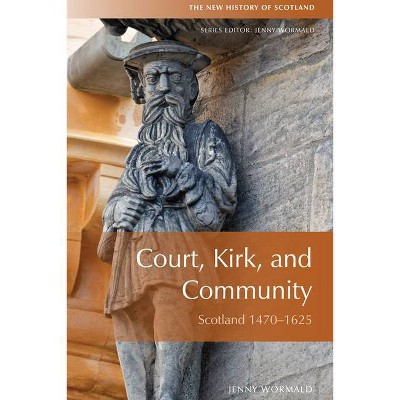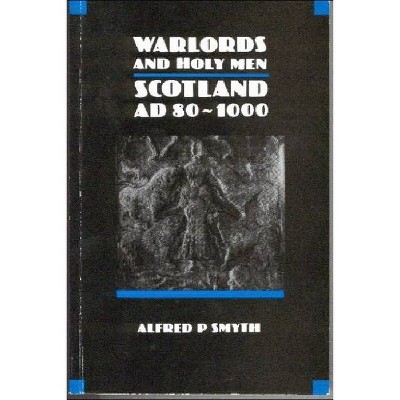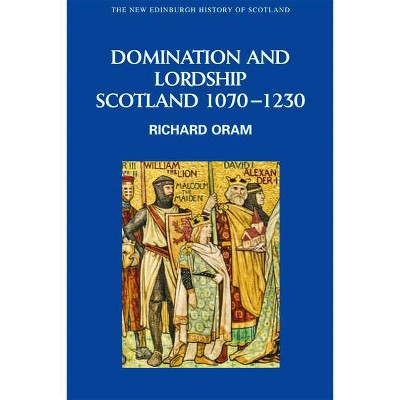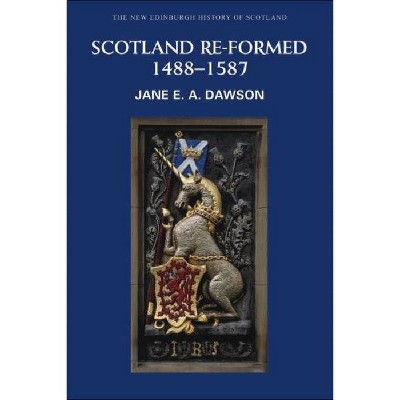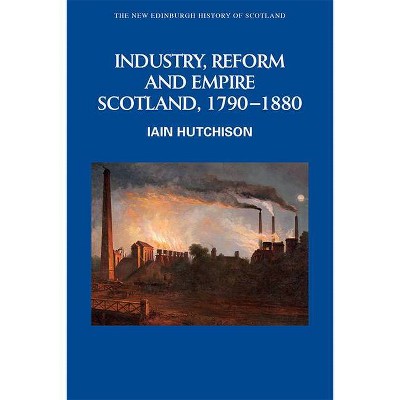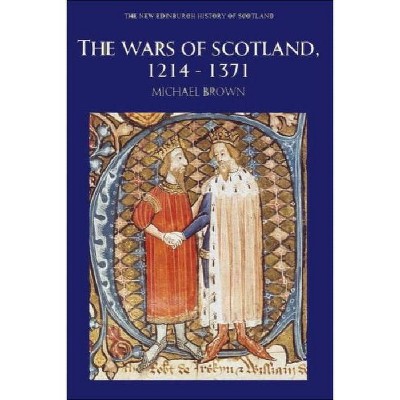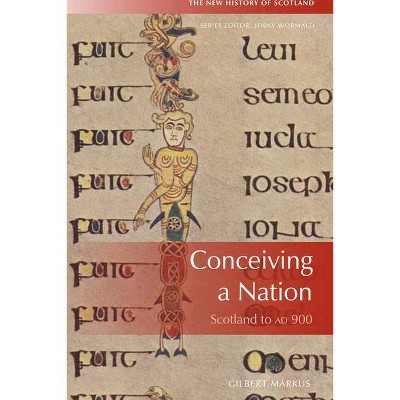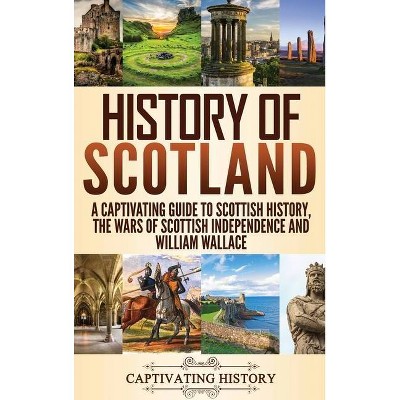Enlightenment and Change - (New History of Scotland) 2nd Edition by Bruce Lenman (Paperback)
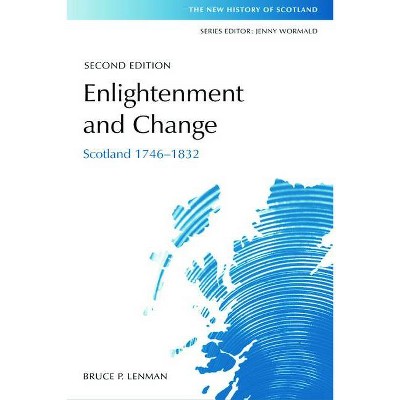
Similar Products
Products of same category from the store
AllProduct info
<p/><br></br><p><b> About the Book </b></p></br></br>This book describes a period which saw the rise of some of the most influential thinkers of the contemporary world, as the Scottish Enlightenment reached and perhaps passed its peak.<p/><br></br><p><b> Book Synopsis </b></p></br></br>This second revised and expanded edition of the bestselling Integration and Enlightenment provides a compact survey of developments in Enlightenment Scotland, from the aftermath of the 1745 Jacobite rebellion to the Scottish Reform Act of 1832. The Act spelled the end of political and social systems that had presided over industrial and agricultural revolutions turning Scotland from a rural society to one of the most urbanised and industrialised of European nations. Scotland also moved from an being simply an active participant in the cultural life of western Europe to being a leader in a new, more expansive, Atlantic and European world where the ideas of its great Enlightenment thinkers circulated from Moscow to Philadelphia.The political framework for changes was the Union of 1707 which incorporated Scotland into the United Kingdom of Great Britain, and after 1800 Great Britain and Ireland. However, within the UK a distinctive political system run for most of this period by either the Dukes of Argyll or the so-called 'Dundas Despotism' dominated Scotland. This volume studies how that system first stimulated and exploited cultural and economic change and then was finally destroyed by it.<p/><br></br><p><b> From the Back Cover </b></p></br></br>This second revised and expanded edition of the bestselling <i>Integration and Enlightenment provides a compact survey of developments in Enlightenment Scotland, from the aftermath of the 1745 Jacobite rebellion to the Scottish Reform Act of 1832. The Act spelled the end of political and social systems that had presided over industrial and agricultural revolutions turning Scotland from a rural society to one of the most urbanised and industrialised of European nations. Scotland also moved from an being simply an active participant in the cultural life of western Europe to being a leader in a new, more expansive, Atlantic and European world where the ideas of its great Enlightenment thinkers circulated from Moscow to Philadelphia. The political framework for changes was the Union of 1707 which incorporated Scotland into the United Kingdom of Great Britain, and after 1800 Great Britain and Ireland. However, within the UK a distinctive political system run for most of this period by either the Dukes of Argyll or the so-called 'Dundas Despotism' dominated Scotland. This volume studies how that system first stimulated and exploited cultural and economic change and then was finally destroyed by it.<p/><br></br><p><b> Review Quotes </b></p></br></br><br>Fascinating and relevant.--Scottish Review of Books<br><br>The book bristles with facts, which pour out at a breathless pace, along withLenman's assessments and insights.--Christopher A. Whatley "History: The Journal of the Historical Association "<br><p/><br></br><p><b> About the Author </b></p></br></br><p>Bruce P. Lenman is Emeritus Professor of Modern History at the University of St Andrews and an Honorary Professor at the University of Dundee.<p>
Price History
Price Archive shows prices from various stores, lets you see history and find the cheapest. There is no actual sale on the website. For all support, inquiry and suggestion messagescommunication@pricearchive.us
